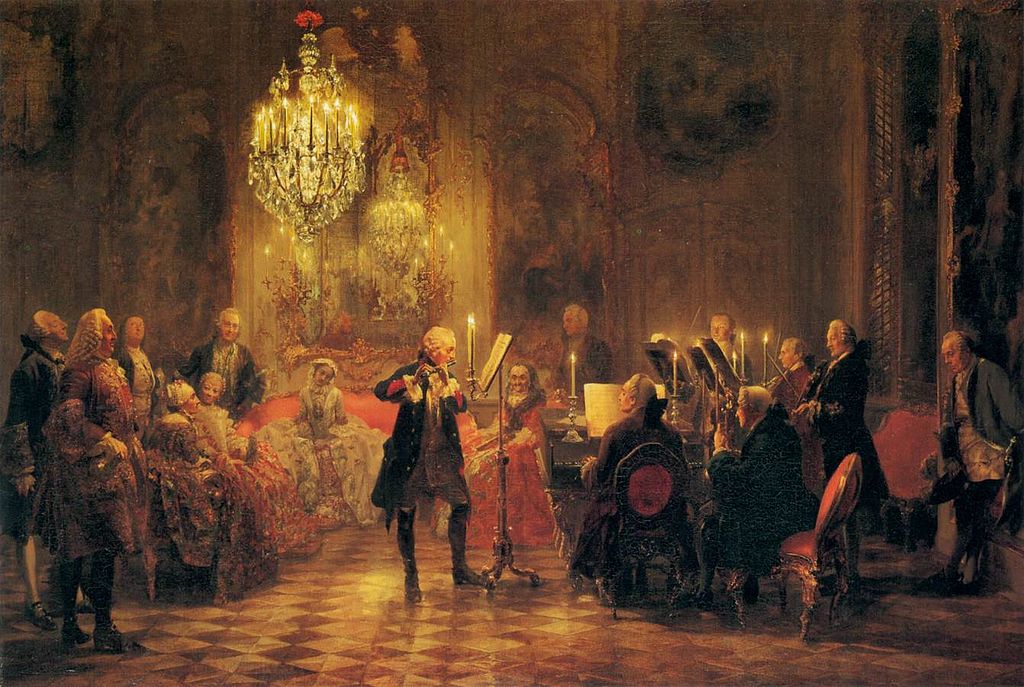
The default mode of political organization within democracy is the ‘movement.’ Movements exist to either form political parties or to influence them to develop certain policies.
Movements form when superior men conspire to create them. They require minimal leadership talent to start (because most democratic people will follow a socially dominant man who takes initiative without reservation). The goal of a movement is to create a bureaucracy, which will then reward the leadership with power, money, and sinecures to reward to their cronies.
Even anti-democratic ‘movements,’ like fascism, fall into this social organization out of habit and by following the examples conditioned into them by early education. As children, citizens (even those who attend private school) are first socialized into the adult world by listening to lectures among their ‘equals.’ Disorganization and informal social groupings are standard in the academy.
It doesn’t need to be outside of schools, but habits require strength to break. By default, we’re conditioned to form crowds.
It’s in social organizations that need to actually achieve goals (like corporations and the military) that the law permits us form hierarchy with defined social roles. Without this measure of laissez-faire authoritarianism, we’d all be forced to return to the trees within months.
On the internet, groups tend to fall prey to the ‘eternal September‘ effect. Open entry into a group leads to a decline in value, as the leadership loses the ability to maintain a coherent society as numbers increase without regulation.
This is because open entry is a moronic principle by which to run any organization. No corporation on Earth — even staffed by the most incompetent idiots — operates on an open entry policy for hiring. To state that all that’s needed to join an organization is to bleat an intention to join, and perhaps to fill out a perfunctory form, is to say that the organization’s values are worthless.
It’s because of this that it’s wise to be skeptical of any banner that anyone can hoist. Exclusivity marks value worth defending.

